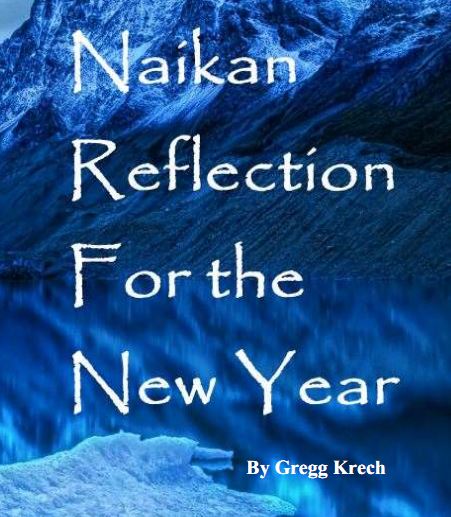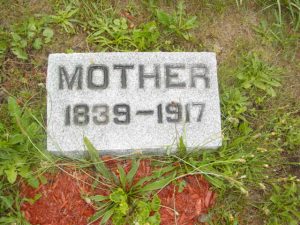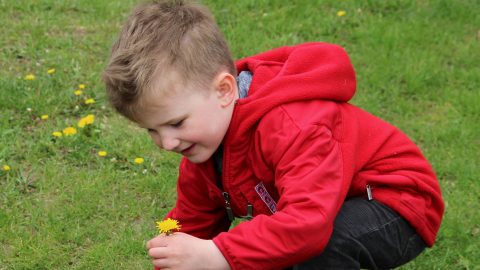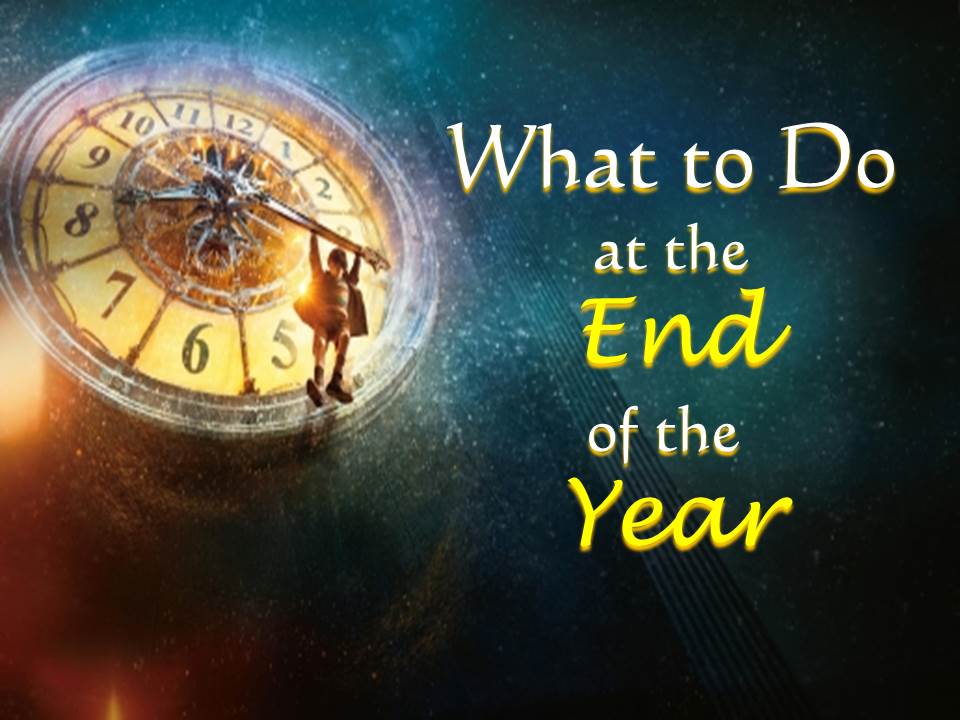The beginning of the New Year is seen as a transition for many of us. It’s a time to step back from our life to reconsider where we’ve been and where we want to go. Some of us are naturally inclined toward introspection and reflection at this time. There may be a poignant awareness of the losses and struggles that occurred, as well as an appreciation of our good fortune in celebrating the start of yet another year.
It’s easy to jump quickly into our hopes for the future. We hope that the changing of the year’s digit will rescue us from past habits and holes that we have dug for ourselves. We dream of changes that will make us happier and healthier. We make a list of resolutions in the hope that our willpower will be strong enough to launch us into a new way of living.
But in moving from one year to the next, I suggest you pause. Pause to celebrate. Pause to reflect. Pause to take inventory. And pause to see what you can learn from this past year. Self-reflection is a powerful process. It’s strongly encouraged by many of the world’s great religious traditions and by some of the wisest of our ancestors ranging from Albert Schweitzer to Ben Franklin.
For most of us, self-reflection is a missing piece of our lives. We’re very busy. We’re tired. We look for rest through books, beds, television and the Internet. The idea of spending several hours or more in your living room, sitting quietly and reflecting on the past year, seems strange and a bit uncomfortable. But in the waning hours of the year, we have a wonderful opportunity to excavate our lives and reconsider what we wish to do with the time we have left.
Self-reflection is not the same thing as sitting around and thinking about one’s life. To get the greatest benefit from self-reflection there needs to be some structure. That structure can be created with questions. We’re given questions which prompt sincere reflection and take us on a meaningful journey.
In my book, Naikan: Gratitude, Grace and the Japanese Art of Self-reflection (Stone Bridge Press), we use three simple questions to reflect on our relationships, or some other theme:
- 1. What have I received from _____?
- 2. What have I given to ________?
- 3. What troubles and difficulties have I caused _________?
These questions were originally developed by a Japanese man, Yoshimoto Ishin, who developed the method of self-reflection called Naikan. Naikan means “looking from the inside.” Using these Naikan questions for the basic structure, you can design specific reflections in any of the following categories:
- People (Meaningful Relationships)
- Travel (trips to places, visits to meet people)
- Objects (like your car or computer)
- The environment (i.e. the air)
- Difficult situations (i.e. a flat tire incident)
- Accomplishments
By using the end of the year to reflect on your life, you’ll notice that certain ideas for making changes or doing things differently will naturally arise. You can make note of these, but don’t try to turn them into any kind of formal resolution or goal. For now, just allow yourself to sit with your life as it is. Seeing our life “as it is” can be more than the foundation of personal change – it can be the basis for faith, compassion for others, and a profound sense that we are loved and cared for more deeply than we have ever realized.
I’ve put together a small booklet (28 pages) that is designed as a guide for your end-of-year reflection. It can serve as a place to capture your thoughts and observations, hopefully bringing about some closure to the past year and clearing a path for the adventures that are about to unfold.
In the booklet I provide exercises for you to reflect on key relationships, unfinished business, joys and sorrows, accomplishments . . . and more. The e-book, “Naikan Reflection for the New Year,” is free to all ToDo Institute members. However, we’ll provide you with a free download of the digital edition for anyone who makes a contribution of any amount towards our annual fundraising effort. Once you make your donation, we’ll send you a link and a password to download the e-book. And we’ll be sincerely grateful for your support in any amount that you choose to give.
You may decide to work on this process a little each day, from now until the New Year, or you may decide to devote some special time on New Year’s Eve and/or New Year’s Day to explore these exercises.
Best wishes as you approach the beginning of a new year. May we all recognize the web of support that has enabled us to live up until this moment, and that will continue to sustain us for the rest of our “thirty thousand days”.
– Gregg Krech













